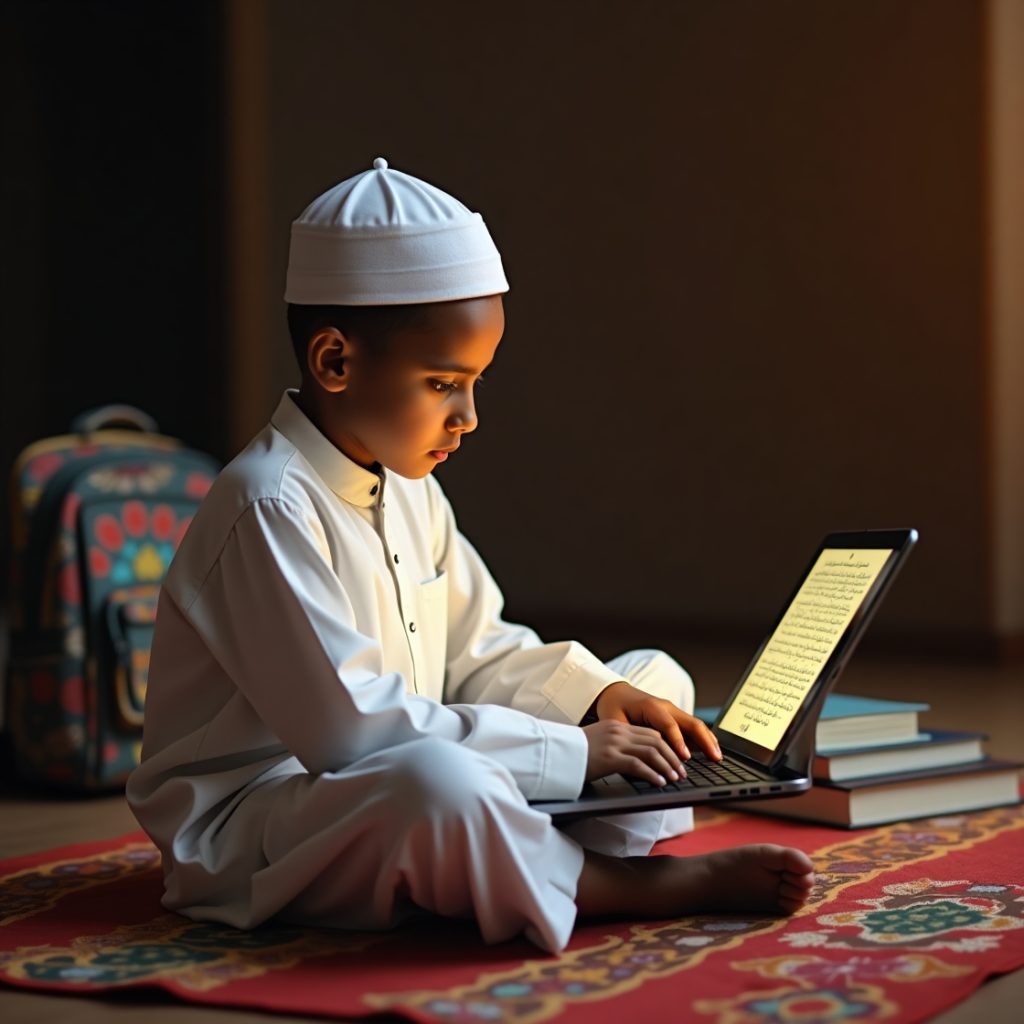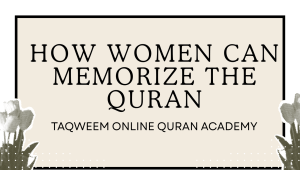Dua for the Deceased in Arabic — Supplications for the Dead & Their Meanings
Introduction
Losing a loved one is one of the hardest moments in life. As Muslims, we believe that death is not the end — it’s a transition to the next phase of existence. The Prophet Muhammad ﷺ taught us that one of the most powerful gifts we can give to someone after they pass away is Dua (supplication).
The Messenger of Allah ﷺ said:
“When a person dies, all his deeds end except three: ongoing charity (Sadaqah Jariyah), beneficial knowledge, or a righteous child who prays for him.”
— (Sahih Muslim 1631)
This shows the immense value of making dua for the deceased — it continues to benefit them even after death.
The Most Common Dua for the Deceased in Arabic
Dua #1 — General Dua for a Muslim Deceased
Arabic:
اللَّهُمَّ اغْفِرْ لَهُ وَارْحَمْهُ، وَعَافِهِ وَاعْفُ عَنْهُ، وَأَكْرِمْ نُزُلَهُ، وَوَسِّعْ مُدْخَلَهُ، وَاغْسِلْهُ بِالْمَاءِ وَالثَّلْجِ وَالْبَرَدِ، وَنَقِّهِ مِنَ الْخَطَايَا كَمَا نَقَّيْتَ الثَّوْبَ الأَبْيَضَ مِنَ الدَّنَسِ، وَأَبْدِلْهُ دَارًا خَيْرًا مِنْ دَارِهِ، وَأَهْلًا خَيْرًا مِنْ أَهْلِهِ، وَزَوْجًا خَيْرًا مِنْ زَوْجِهِ، وَأَدْخِلْهُ الْجَنَّةَ، وَأَعِذْهُ مِنْ عَذَابِ الْقَبْرِ وَمِنْ عَذَابِ النَّارِ.
Transliteration:
Allāhumma ighfir lahu warhamhu, wa ‘āfihi wa‘fu ‘anhu, wa akrim nuzulahu, wa wassi‘ mudkhalahu, waghsilhu bil mā’i wath-thalji wal-barad, wa naqqihi mina al-khaṭāyā kamā naqqayta ath-thawba al-abyaḍa mina ad-danasi, wa ab’dilhu dāran khayran min dārihi, wa ahlan khayran min ahlihi, wa zawjan khayran min zawjihi, wa adkhilhu al-jannah, wa a‘idhhu min ‘adhābi al-qabr wa min ‘adhābi an-nār.

English Translation:
O Allah, forgive him, have mercy upon him, grant him safety and pardon him. Honor the place where he will settle, and make his entrance wide. Wash him with water, snow, and ice. Cleanse him of his sins as a white garment is cleansed of dirt. Grant him a home better than his home, a family better than his family, and a spouse better than his spouse. Admit him into Paradise and protect him from the punishment of the grave and the punishment of the Fire.
— (Sahih Muslim 963)
This is the most authentic dua for any deceased Muslim — recited by the Prophet ﷺ during Janazah (funeral) prayers.
Dua for a Deceased Woman
Arabic:
اللَّهُمَّ اغْفِرْ لَهَا وَارْحَمْهَا، وَعَافِهَا وَاعْفُ عَنْهَا، وَأَكْرِمْ نُزُلَهَا، وَوَسِّعْ مُدْخَلَهَا، وَاغْسِلْهَا بِالْمَاءِ وَالثَّلْجِ وَالْبَرَدِ، وَنَقِّهَا مِنَ الْخَطَايَا كَمَا نَقَّيْتَ الثَّوْبَ الأَبْيَضَ مِنَ الدَّنَسِ، وَأَبْدِلْهَا دَارًا خَيْرًا مِنْ دَارِهَا، وَأَهْلًا خَيْرًا مِنْ أَهْلِهَا، وَزَوْجًا خَيْرًا مِنْ زَوْجِهَا، وَأَدْخِلْهَا الْجَنَّةَ، وَأَعِذْهَا مِنْ عَذَابِ الْقَبْرِ وَمِنْ عَذَابِ النَّارِ.
Translation:
O Allah, forgive her, have mercy upon her, grant her safety and pardon her. Honor her resting place, make her entrance wide, wash her with water, snow, and ice. Cleanse her from sins as a white garment is cleansed of dirt. Grant her a home better than her home, a family better than her family, and a spouse better than her spouse. Admit her into Paradise and protect her from the punishment of the grave and the Fire.
Short Dua for the Deceased (Simple & Easy to Remember)
If you want to make a brief dua after hearing about someone’s death, you may say:
Arabic:
إِنَّا لِلَّهِ وَإِنَّا إِلَيْهِ رَاجِعُونَ، اللَّهُمَّ اغْفِرْ لَهُ وَارْحَمْهُ.
Transliteration:
Innā lillāhi wa innā ilayhi rāji‘ūn, Allāhumma ighfir lahu warhamhu.
Translation:
“Indeed, to Allah we belong and to Him we shall return. O Allah, forgive him and have mercy on him.”
This is simple yet powerful — you can say it anytime you hear of a death.
Dua for All the Dead Muslims
Arabic:
اللَّهُمَّ اغْفِرْ لِحَيِّنَا وَمَيِّتِنَا، وَشَاهِدِنَا وَغَائِبِنَا، وَصَغِيرِنَا وَكَبِيرِنَا، وَذَكَرِنَا وَأُنْثَانَا. اللَّهُمَّ مَنْ أَحْيَيْتَهُ مِنَّا فَأَحْيِهِ عَلَى الْإِسْلَامِ، وَمَنْ تَوَفَّيْتَهُ مِنَّا فَتَوَفَّهُ عَلَى الْإِيمَانِ.
Transliteration:
Allāhumma ighfir li-ḥayyinā wa mayyitinā, wa shāhidinā wa ghā’ibinā, wa ṣaghīrinā wa kabīrinā, wa dhakarinā wa unthānā. Allāhumma man aḥyaytahu minnā fa-aḥyihi ‘alā al-Islām, wa man tawaffaytahu minnā fa-tawaffahu ‘alā al-īmān.
Translation:
O Allah, forgive our living and our dead, those who are present and those who are absent, our young and our old, our males and our females. O Allah, whoever You keep alive among us, keep him alive upon Islam, and whoever You take among us, take him in a state of faith.
— (Abu Dawood 3201, Tirmidhi 1024)
When to Recite Dua for the Deceased
You can recite these duas at several occasions:
-
During Janazah prayer (funeral prayer).
-
After burial, standing by the grave.
-
In your daily supplications — especially after Salah.
-
On Fridays, when making dua for parents and loved ones.
-
During Ramadan or at times of acceptance (like between Adhan and Iqamah, or in sujood).

The Power of Dua for the Deceased
Making dua for the dead is not just an act of love — it’s an act of mercy that Allah rewards both the deceased and the one who prays. It’s mentioned in several hadiths that:
“A believer’s prayer for his brother (or sister) in his absence is accepted, and the angel says, ‘Ameen, and for you the same.’”
— (Sahih Muslim 2732)
So every time you say اللهم اغفر له وارحمه (O Allah, forgive him and have mercy on him), the angels also pray for your forgiveness!
How to Make Dua for the Deceased with Sincerity
-
Face the Qiblah and raise your hands.
-
Begin with praise of Allah and sending salawat upon the Prophet ﷺ.
-
Mention the deceased by name, if possible.
-
Ask Allah for forgiveness, mercy, light in the grave, and admission to Jannah.
-
End the dua with Ameen and salawat again.
Quranic Verse About Praying for the Dead
Allah says in the Qur’an:
“And those who came after them say, ‘Our Lord, forgive us and our brothers who preceded us in faith, and do not put in our hearts any hatred toward those who have believed. Our Lord, indeed You are Kind and Merciful.’”
— (Surah Al-Hashr 59:10)
This ayah beautifully shows how believers continue to pray for those who came before them — it is part of our spiritual duty and love.
Learn How to Recite Duas Correctly with Taqweem Online Quran Academy
To truly connect with the Qur’an and authentic duas of the Prophet ﷺ, it’s important to learn proper pronunciation (Tajweed) and understand meanings.
At Taqweem Online Quran Academy, you can:
-
Learn correct Arabic recitation of Quranic verses and duas.
-
Study Tafseer and translation to understand what you recite.
-
Join 1-on-1 online Quran classes with experienced male and female teachers.
-
Schedule flexible timings from anywhere in the world.
-
Start with a FREE trial class — no commitment required.
Enroll today and make your connection with the Qur’an and prophetic duas stronger than ever.
Visit: [Taqweem Online Quran Academy Website] (insert your link)
WhatsApp: Contact for registration and free consultation.
Conclusion
Making dua for the deceased is one of the greatest gifts you can offer a loved one who has passed away. Whether it’s your parents, relatives, or any fellow believer, your sincere prayers reach them and ease their path in the hereafter.
So, memorize these authentic Arabic duas, understand their meanings, and keep praying regularly. And if you wish to perfect your recitation and learn more Quranic supplications, Taqweem Online QuranTaqweem is here to guide you on your spiritual journey.
FAQs
What is Dua for Dead People in Arabic?
اللَّهُمَّ اغْفِرْ لَهُ وَارْحَمْهُ وَعَافِهِ وَاعْفُ عَنْهُ
Meaning: O Allah, forgive him, have mercy on him, pardon him, and grant him peace.
What to Say in Arabic When Someone Has Passed Away?
إِنَّا لِلَّهِ وَإِنَّا إِلَيْهِ رَاجِعُونَ
Transliteration: Inna lillahi wa inna ilayhi raji’un
Meaning: Indeed, we belong to Allah, and indeed to Him we shall return.
How to Recite Dua for a Dead Person?
Raise your hands, face the Qiblah, and sincerely make dua for their forgiveness and mercy:
اللَّهُمَّ اغْفِرْ لَهُ وَارْحَمْهُ وَسَكِّنْهُ الْجَنَّةَ
Meaning: O Allah, forgive him, have mercy on him, and grant him Paradise.
What is the Dua for the Maghfirat of a Dead Person?
اللَّهُمَّ اغْفِرْ لَهُ وَارْفَعْ دَرَجَتَهُ فِي الْمَهْدِيِّينَ
Meaning: O Allah, forgive him and raise his rank among the guided.
What is the Best Prayer for a Dead Person?
اللَّهُمَّ نَوِّرْ قَبْرَهُ وَاجْعَلْهُ رَوْضَةً مِنْ رِيَاضِ الْجَنَّةِ
Meaning: O Allah, illuminate his grave and make it a garden from the gardens of Paradise.
What Do You Say for a Dead Person in Islam?
اللَّهُمَّ اغْفِرْ لَهُ وَارْحَمْهُ
Meaning: O Allah, forgive him and have mercy on him.
Is There a Specific Dua for Deceased Parents?
رَبِّ ارْحَمْهُمَا كَمَا رَبَّيَانِي صَغِيرًا
Transliteration: Rabbi irhamhuma kama rabbayani sagheera
Meaning: My Lord, have mercy on them as they brought me up when I was small.
What is the Best Condolence Message in Islam?
إِنَّا لِلَّهِ وَإِنَّا إِلَيْهِ رَاجِعُونَ
Meaning: Surely we belong to Allah and to Him we shall return.
You can add: May Allah grant them Jannah and give you patience.
What Dua is for Condolences?
اللَّهُمَّ أَجِرْنِي فِي مُصِيبَتِي وَاخْلُفْ لِي خَيْرًا مِنْهَا
Meaning: O Allah, reward me in my calamity and replace it with something better.






